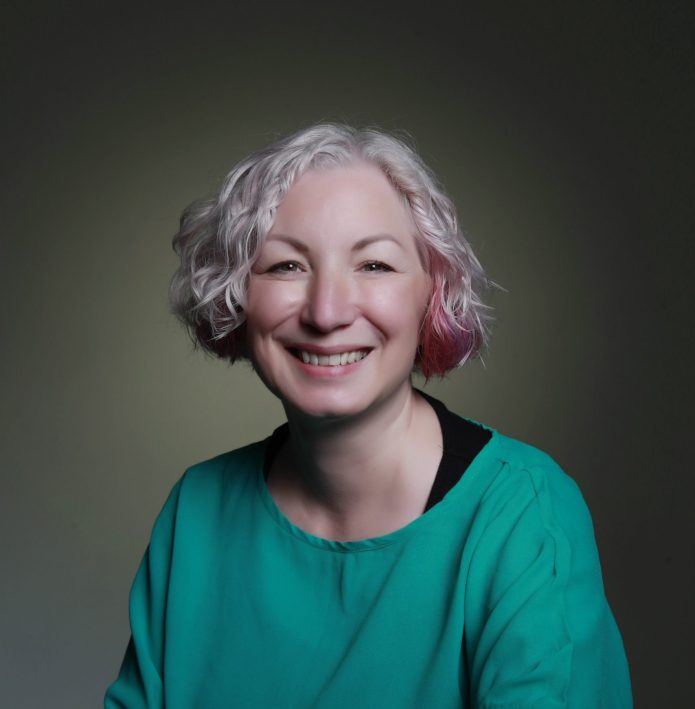clinical SUPERVISION
Whether you’re a trainee, newly-qualified practitioner or an experienced therapist wanting a reflective, grounded supervisory relationship, I offer a warm, collaborative space to explore your client work, deepen your skills and strengthen your professional identity.
Supervision is not just a requirement - it’s a place of growth, clarity and support. My role is to help you feel resourced, confident and ethically held, so you can continue offering safe, effective work to the clients you support.
Who I Support:
Trainee Counsellors & Student Practitioners
Safe, encouraging guidance as you navigate training, placement work, assessment requirements and your developing therapeutic identity.
Newly Qualified Therapists
A reflective space to build confidence, manage complex cases, develop your style and stay ethically grounded during your first years of practice.
Therapists Starting Private Practice
Thinking of going solo? Whether you’re just launching or building momentum, I offer a blend of clinical supervision and private practice guidance so you don’t have to figure it all out alone.
I welcome practitioners from a range of modalities and backgrounds.

ABOUT ME
I’m an accredited integrative counsellor, coach and clinical hypnotherapist working in private practice. I love working with those who are transitioning to a new stage in their career: students, newly qualified counsellors and therapists starting their own private practices. My approach is integrative, collaborative, and focused on empowering you to grow ethically and sustainably.
I am registered with the BACP, NCPS and GHR.
I teach on a Diploma in Clinical Hypnotherapy so have a thorough grounding in a number of theoretical approaches. My background in business coaching makes me well placed to support you in growing a thriving private practice.
In my practice I work with trauma, grief and loss and am experienced in working with anxiety disorders and adapting therapy for neurodivergent clients.
In our work together, I hold space for the whole person, honouring not just individual experience, but also the social and cultural contexts that shape how we develop, live, relate, and heal.


MY APPROACH
My supervision style is warm, collaborative and grounded in curiosity, self-reflection and safety. I draw from the Seven-Eyed Model of Supervision, trauma-informed principles and an integrative, relational style.
My approach includes:
Trauma-Informed & Neuroscience-Led Supervision
Supporting you in understanding client presentations through nervous-system and trauma-aware lenses - ideal for working with complex trauma, anxiety or emotional dysregulation.
Reflective & Non-Judgemental
Supervision is a space where you can bring uncertainty, ethical dilemmas, feelings, countertransference and stuck points without fear of judgement.
Developmental & Strength-Focused
We look at your progress, your professional goals and the therapist you are becoming — not just what’s “going wrong.”
Support for Private Practice
For those in or starting private practice, I can offer guidance around boundaries, caseload management, fees, cancellations, marketing ethics, client onboarding and building a sustainable practice that feels aligned.
My background includes extensive experience with trauma, anxiety, grief, neurodiversity and nervous-system dysregulation, as well as work across counselling, hypnotherapy and coaching. I am accredited with BACP, NCPS and GHR. Practitioners often describe my approach as steady, grounding and gently challenging, with an emphasis on safety, clarity and compassionate exploration.
If you are seeking supervision that feels warm, thoughtful and grounded in trauma-informed, integrative practice, I would be very happy to explore whether we are a good fit. You are welcome to book a free 20-minute supervision consultation or contact me with any questions.
Fees & availability
I offer online supervision to qualified and student counsellors, coaches and hypnotherapists who work with individual adults. I also offer supervision face to face in Hoole, Chester on a Wednesday or Thursday.
Session fees are £60 for 60 minutes or £90 for 90 minutes. I offer a limited number of reduced-fee supervision spaces, and I’m happy to discuss availability and options during our initial conversation.
I currently have availability for online and in person supervisees on a Tuesday, Wednesday or Thursday.
I work with the seven eyed model of supervision. Benefits include:
Enhanced Self Awareness
The model encourages you to reflect on your own feelings, reactions and interventions. This can lead to personal growth and improved professional practice.
A Holistic Approach
The model considers the relationship between your client, you as the practitioner and me as the supervisor as well as looking at the wider context of your work.
More Effective Supervision
The model addresses the dynamics between us, supporting the development of an open, trusting, and productive supervisory relationship.
Personal & Professional Growth
The model fosters self awareness, ethical reflection, development of skills and accountability. It allows time to explore personal, as well as professional issues.

© 2024 Inside Out Wellness Therapy
powered by WebHealer